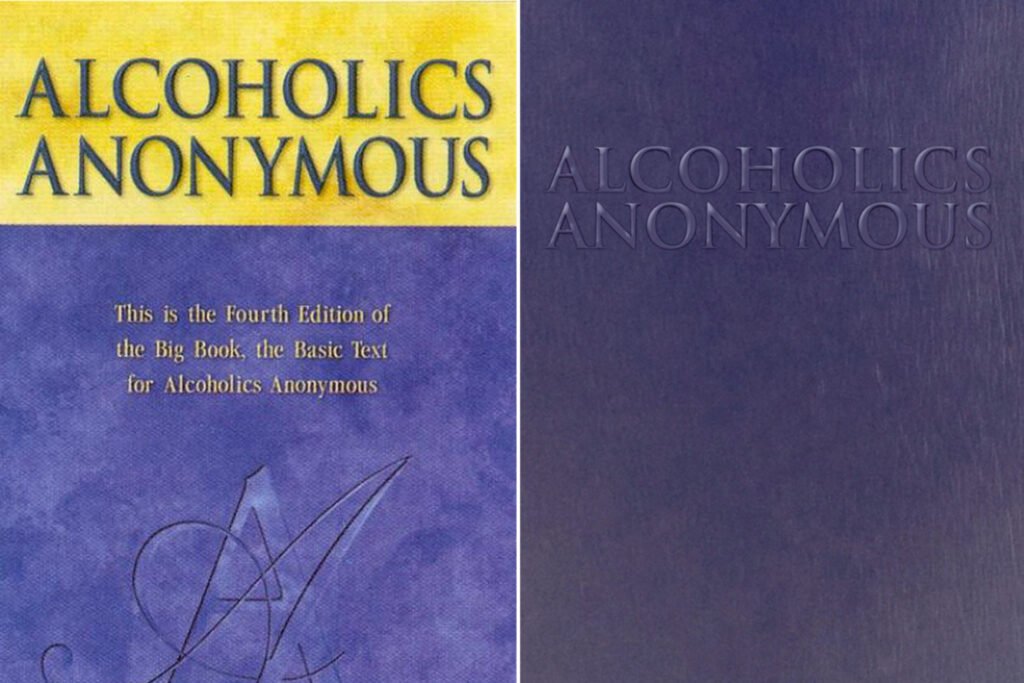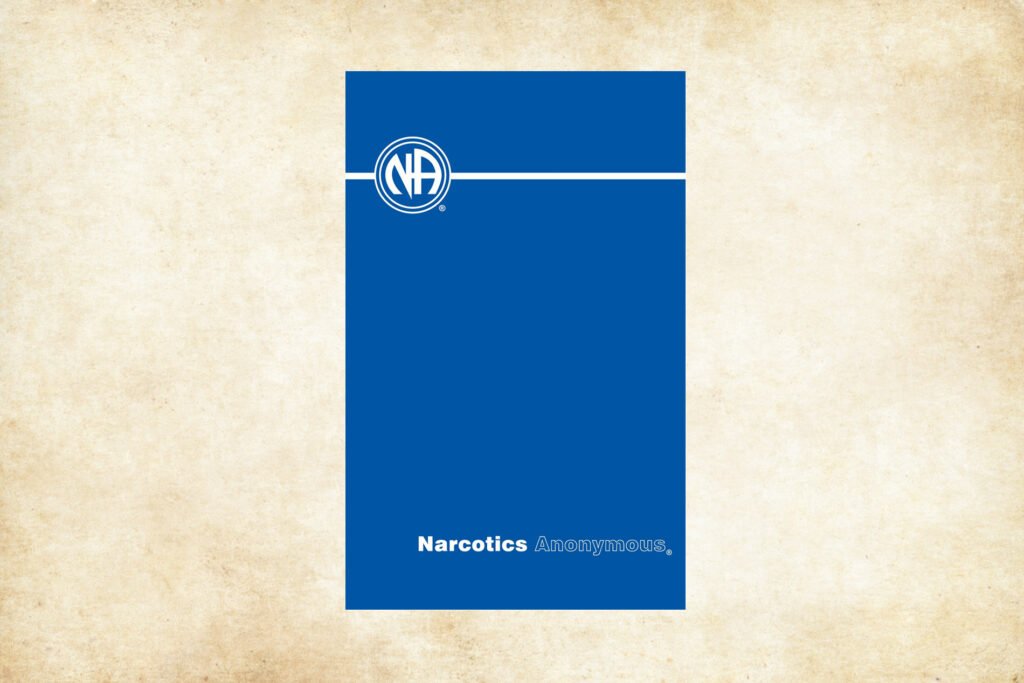The 9th Step in the 12-step program is a highly consequential one. It is the step wherein a recovering addictThis refers to any individual currently making strides towards overcoming their addiction to alcohol or any other substance or harmful behavior. In many 12-step programs, an individual is considered an addict for the rest of their lives. Some approaches believe this moniker can be harmful to long-te... More makes amends for the harm they have done to other people in their lives and mainly due to their addiction.
As it says in the Big Book of AA, when working this Step, we: “Made direct amends to such people wherever possible, except when to do so would injure them or others.”
As part of completing this crucial step, individuals make and fulfill a series of promises, which appear in chapter 6 of the big bookThe basic text of AA was the first to methodically introduce the 12-steps. It is still the main source for meetings and is quoted in just about all AA and other 12-step literature. the Library of Congress named it one of the 88 “Books that shaped America.” Read more about the Big Book of AA. More of AA. Though conceived as part of working a specific step, they often become an essential part of the outlook of recovering addicts.
What are the Promises Intended to Do?
The process of overcoming addiction can be daunting. We tend to think of it negatively, at least at first. We may spend a lot of time thinking about what we can’t do (namely engage in addictive behavior) rather than the opportunities presented by recoveryThe process by which addicts attempt to break the hold a certain substance or behavior has on their lives. This can refer to participation in a wide variety of methods. What they all have in common, is a sense that life is improving and the addict is regaining control. More.
However, focusing on the negative is both misleading and unhelpful. After all, life after recovery is far better than it was before. The promises help us focus on the positive benefits of recovery rather than the challenges we face on the way.
The Big Book of AA promises that “If we are painstaking about this phase of our development, we will be amazed before we are halfway through.” It then lists 12 advantages to following the programThis refers to any official course of treatment for addiction. This could be anything from in-patient facilities, to 12-step programs to harm-reduction programs. More, which the founders believed anyone who takes the program seriously would eventually enjoy.
The 12 Step Promises & Their Meaning
1. “We are going to know a new freedom and a new happiness.”
Happiness accompanies recovery from its start, but the type of joy we experience changes over time. At first, we feel hope that a better future is obtainable for us. However, as time goes by, hope transforms into a genuine sense of happiness and well-being.
When our addiction has less of a grip on us, we also begin to enjoy freedom. Having overcome the compulsions that once determined our behavior, we decide what to do with our lives.
2. “We will not regret the past nor wish to shut the door on it.”
Early in our recovery, our lives as addicts seem like an endless source of misery and regret. It can seem impossible to overcome the amount of damage we have done. However, the 12-step process especially stepsThe term "12 steps" refers to the core principles of the approach to addiction exemplified by Alcoholics Anonymous and other similar groups. The 12 steps are a set of guidelines designed to help individuals overcome addiction and rebuild their lives. They were created by the founders of Alcoholics A... More 8 and 9, involves coming to terms with that past. By the time we have worked the steps, we can look back at the past and accept it while holding our heads up high.
3. “We will comprehend the word serenityOne of the goals of recovery in 12-steps and many other formats is the attainment of serenity. It is dissatisfaction and disquiet which often drives addictive and destructive behavior and attaining a level of serenity nips cravings in the bud. In 12-step fellowships, this is often cultivated through... More.”
Serenity is not a concept that we can fully understand by looking the word up in the dictionary. Instead, it is a state of mind that becomes part of our being when we put pain and regret behind us. Once we have faced our past and made amends for our misdeeds, it will become an inseparable part of our lives.
4. “We will know peace.”
Addiction feeds on chaos and misery. The behavior or substance we have become addicted to fills a hole in our soul, which we cannot serve independently. The 12-step programA 12 step program includes 12 steps of recovery to help those struggling with substance addictions or behavioral addictions. The 12 steps are also used in programs dedicated to helping loved ones of addicts. 12 step programs include 12 step meetings where members go to share their experience strengt... More is primarily a spiritual one, designed to help fulfill that gap in ourselves.
5. “No matter how far down the scale we have gone, we will see how our experience can benefit others.”
The 12-step program leans heavily into the idea that helping others is spiritually fulfilling. Indeed, a great deal of research has since confirmed that notion. People feel most fulfilled when they are helping others. 12-step members learn how to take all the pain and hurt they have experienced and use it to help other addicts.
6. “That feeling of uselessness and self-pity will disappear.”
When we first enter recovery, we do so because other means have failed us, and we feel we have no choice. Addicts are quite self-centered, so at this time, we ask ‘why me’ and generally feeling sorry for ourselves. However, as we learn to contribute to the society around us and help others, we no longer feel useless or miserable.
7. “We will lose interest in selfish things and gain interest in our fellows.”
The program encourages us to be more selfless and put the needs of others ahead of our own. That development makes us better people. But it also makes us happier. Misery and suffering are often the product of focusing on our own needs and feeling that they have not been fairly met. As we progress in recovery, we realize that focusing on our own needs only makes us miserable.
8. “Self-seeking will slipA momentary loss of focus on the road to recovery which is quickly rectified. It differs from relapse, which suggests a complete return to pre-recovery patterns of behavior. More away.”
Everyone spends a lot of time thinking of themselves and their needs. However, addicts excel at putting their needs ahead of those of everyone else. The 12-step program helps us to reconsider and put others ahead of ourselves regularly. In our new life of recovery, we think twice before acting in a way that damages others.
9. “Our whole attitude and outlook upon life will change.”
All of the promises we have analyzed so far have pointed towards a significant change of outlook. Instead of looking obsessively at our well-being, we are now far more conscious of our ability to further others’ needs. We also now realize that by doing so, we become happier as well.
10. “Fear of people and economic insecurity will leave us.”
Addiction often stems from the feeling that we are ill-equipped to deal with life’s challenges without help. The helplessness that comes with addiction sharpens our fear of social situations and material deprivation. However, the program helps us deal with our insecurities and reminds us that whatever challenges life has in store, we are more than equal to them.
11. “We will intuitively know how to handle situations which used to baffle us.”
With our newfound wisdom and newfound confidence, complex social and family-oriented situations will become easier for us to handle. The program helps us see other people for who they are and develop empathy for their plight. Therefore, we will learn to manage situations that once overwhelmed us quickly.
12. “We will suddenly realize that God is doing for us what we could not do for ourselves.”
At the beginning of the 12-step journey, we admitted that we were powerless over our addiction and placed our trust in a Higher Power12-step programs greatly stress surrender to and daily communication with a Higher Power. Having trust in something greater than yourself is considered essential for returning sanity in the unmanageable life of an addict. This can be a traditional deity, a spiritual entity or a social one such as th... More to help us restore sanity in our lives. Having completed the steps and progressed in our journey, we can now look back and see that everything we accomplished we did thanks to our Higher Power. Though we deserve a great deal of credit for coming this far, we must remember we could have never done this independently.
In Conclusion
The twelve promises are an opportunity to look gratefully at the many gifts we have gained in the process of recovery. By working the 12-steps, we have grown as people, and the promises focus on that growth and the joy it has brought us and others in our lives. It is important to remember that our difficult work will ultimately be spiritually rewarding.







